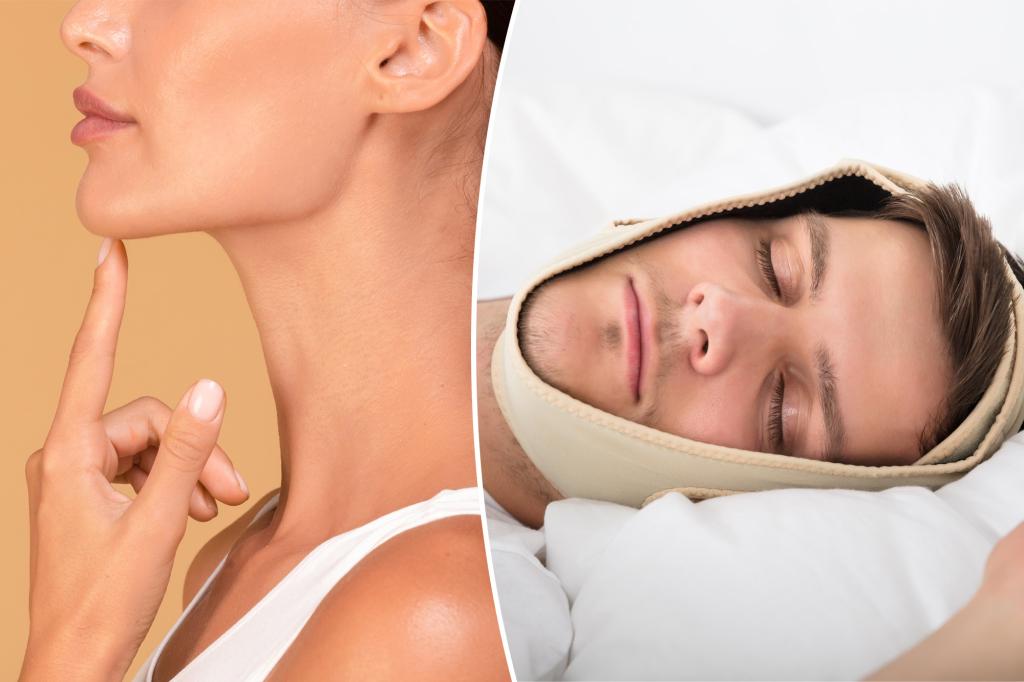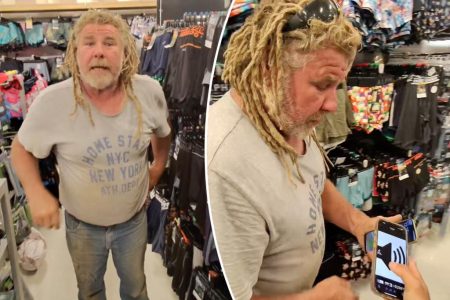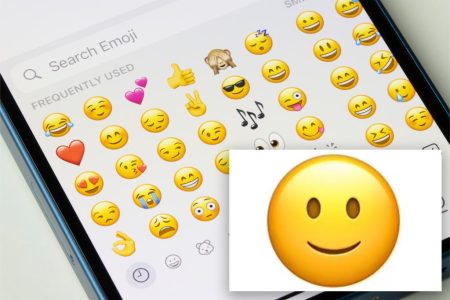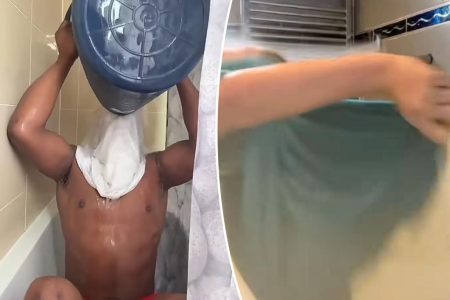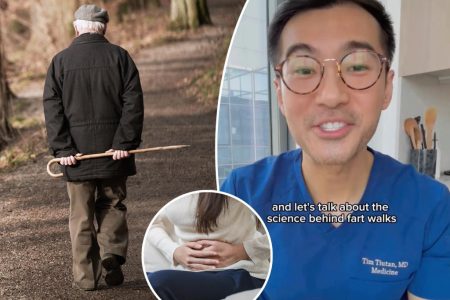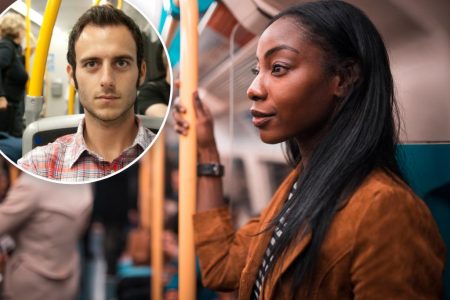Summarize this content to 2000 words in 6 paragraphs
TikTok users are a wellspring of wellness advice — from sleep specialists sharing snooze suggestions to sustenance savants offering top tips for avoiding colon cancer.
It is also the hallowed land of bizarre beauty hacks, and the latest trend, wearing a chin strap to bed, claims to be a marriage of the aesthetic and health-conscious.
Devotees of the strap swear it “snatches” the jawline, delivering a cost-effective face-lift during sleepytime. In addition, the strap has been heralded as a cure-all for snoring, teeth grinding and sleep apnea.
But Dr. Daniel Barrett, a Beverly Hills plastic surgeon, recently trashed the trend as silly.
“I don’t think wearing this long term is actually going to do anything for your neckline,” Barrett advised in a March TikTok. “I’ve never seen any studies, there’s no evidence to back this up, that wearing this is going to help with anything.”
Barrett says plastic surgery and weight loss can slim your jawline instead of the straps.
You don’t need to tell that to Gen Zers, who are getting cosmetic procedures, including liposuction and lifts, to sharpen their jaws and thin their necks in record numbers.
So the strap won’t help you sculpt, but can it help you sleep?
Some influencers have suggested that the chin strap can alleviate sleep apnea, a potentially life-threatening disorder that affects roughly 39 million Americans, including President Biden.
The condition occurs when the upper airway partially or completely closes during sleep, blocking airflow to the lungs and causing breathing to stop and start repeatedly. Sleep apnea can result in sudden awakening and/or snoring.
Wendy Troxel, a sleep expert and senior behavioral and social scientist at RAND Corporation, told Well+Good this week that the strap will not stop these symptoms.
“The available scientific evidence does not support the use of a chin strap as a stand-alone treatment for sleep apnea; the front-line treatment for the condition is [continuous] positive airway pressure [CPAP],” Troxel explained.
Nor, she says, will the famed face belt help with snoring or teeth grinding — two other internet hype claims.
Troxel stresses that it’s best to stick to proven, science-based treatments for these and all health conditions. “Individuals who have sleep apnea or who snore regularly should seek medical treatment from a professional,” Troxel said.
She warns that taking medical advice from the internet is risky at best and downright dangerous at worst.
“TikTok trends that are not supported by scientific data nor recommended by medical professionals could cause real harm,” she told Well+Good.








